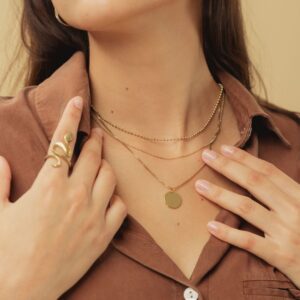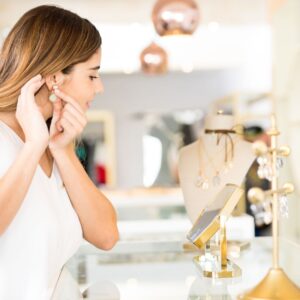
In today’s fast-paced business environment, efficient financial management is crucial for the success of any organization. Enterprise Resource Planning (ERP) systems play a pivotal role in this by integrating various business processes into a unified system. This blog will explore ERP finance and delve into the finance modules of two leading ERP solutions: NetSuite and SAP.
Understanding ERP Finance
ERP finance refers to the financial management modules within an ERP system. These modules streamline and automate various financial operations, enhancing accuracy, efficiency, and decision-making capabilities. With ERP finance, businesses can manage accounting, financial planning, budgeting, reporting, and compliance more effectively.
Key ERP Finance Modules
- General Ledger (GL): The backbone of any ERP finance module, GL records all financial transactions and provides real-time financial insights.
- Accounts Payable (AP): Manages the company’s obligations to suppliers, ensuring timely payments and tracking outstanding liabilities.
- Accounts Receivable (AR): Tracks incoming payments from customers, managing invoices, and improving cash flow.
- Asset Management: Helps in tracking and managing the company’s fixed assets and depreciation.
- Financial Reporting: Generates comprehensive financial reports to aid in strategic planning and regulatory compliance.
- Budgeting and Forecasting: Assists in planning future financial activities by analyzing past performance and market trends.
NetSuite Finance Modules
NetSuite, a leading cloud-based ERP solution, offers a robust suite of finance modules designed to streamline financial operations and provide real-time visibility into business performance. Here are some key NetSuite finance modules:
- General Ledger: NetSuite’s GL provides a flexible financial foundation with real-time access to financial data, enabling informed decision-making.
- Accounts Payable: Automates invoice processing and payment workflows, reducing manual errors and improving vendor relationships.
- Accounts Receivable: Enhances cash flow management by automating billing, collections, and revenue recognition processes.
- Fixed Asset Management: Simplifies the management of asset acquisition, depreciation, and disposal, ensuring accurate financial reporting.
- Financial Planning: NetSuite’s financial planning module supports budgeting, forecasting, and planning, helping businesses align financial goals with corporate strategy.
- Financial Reporting: Provides customizable reporting tools to generate detailed financial statements and reports for compliance and strategic insights.
SAP Finance Modules
SAP is another industry leader in ERP solutions, offering comprehensive finance modules under its SAP S/4HANA suite. These modules are designed to integrate seamlessly with other business processes, providing a holistic view of the organization’s financial health. Key SAP finance modules include:
- SAP FI (Financial Accounting): Manages the company’s financial transactions, including GL, AP, AR, and asset accounting.
- SAP CO (Controlling): Focuses on internal reporting and cost management, aiding in budgeting, forecasting, and cost tracking.
- SAP FSCM (Financial Supply Chain Management): Enhances financial processes by improving working capital management, credit management, and collections.
- SAP FM (Funds Management): Assists in planning, budgeting, and tracking of funds and expenditures.
- SAP TRM (Treasury and Risk Management): Manages financial risks, cash flow, and liquidity, ensuring sound financial health.
- SAP BPC (Business Planning and Consolidation): Integrates planning, budgeting, forecasting, and financial consolidation to support strategic decision-making.
Choosing the Right ERP Finance Solution
When selecting an ERP finance solution, it’s essential to consider the specific needs of your organization. NetSuite finance modules are ideal for small to medium-sized businesses looking for a flexible, cloud-based solution. On the other hand, SAP finance modules cater to larger enterprises with complex financial requirements and a need for robust, integrated financial management.
Conclusion
ERP finance modules are integral to modern financial management, providing businesses with the tools they need to streamline operations, ensure compliance, and make informed decisions. Whether you choose NetSuite finance modules or SAP finance modules, integrating these systems into your business can lead to significant improvements in efficiency and financial performance.
By leveraging the power of ERP finance, companies can transform their financial operations, gain deeper insights into their financial health, and drive long-term growth. Explore the finance modules of NetSuite and SAP to find the perfect fit for your business needs and start your journey towards more efficient financial management today.












